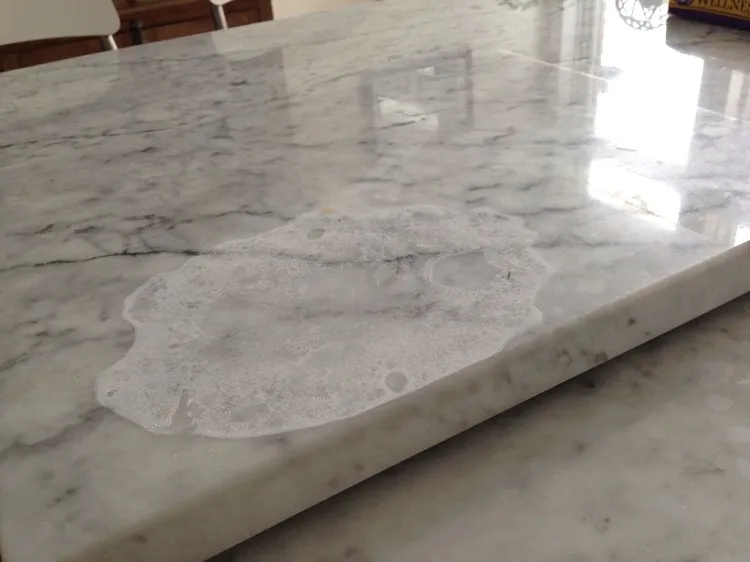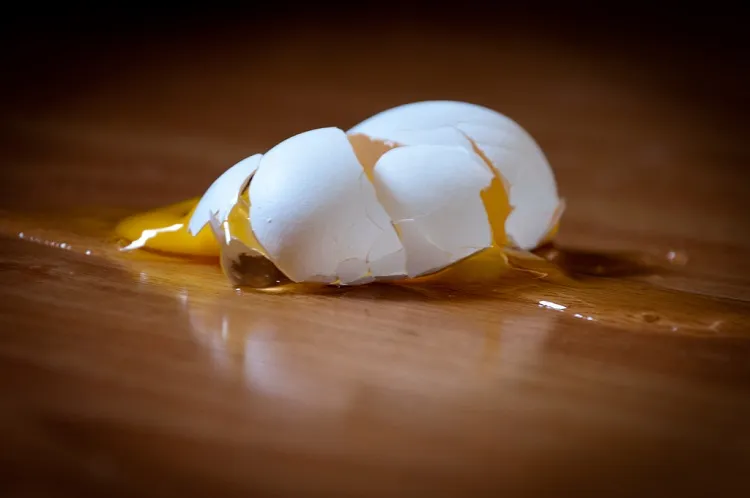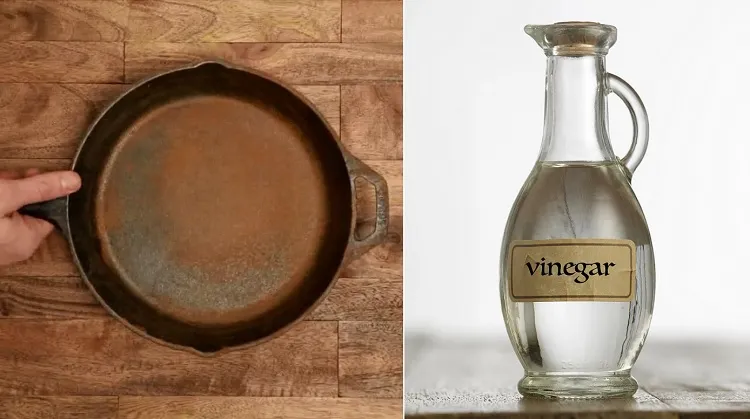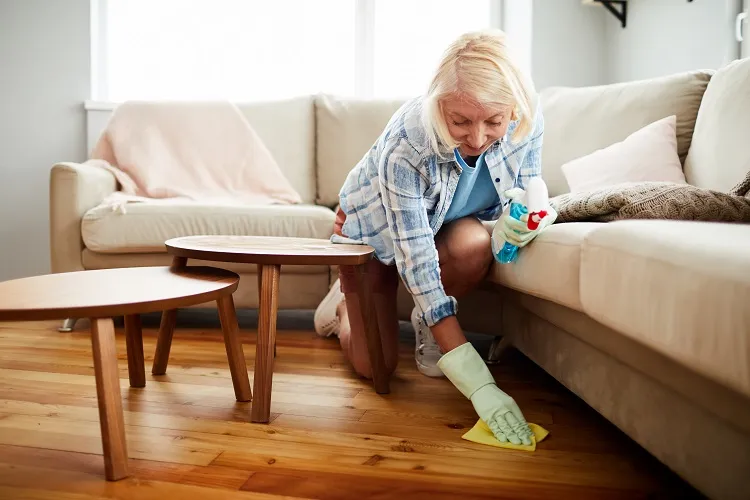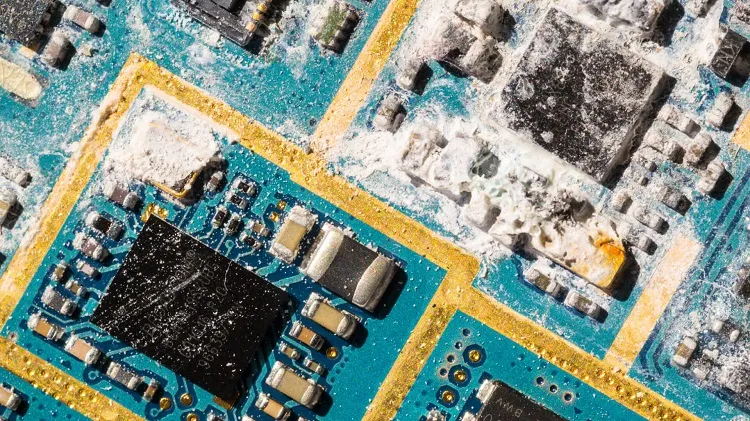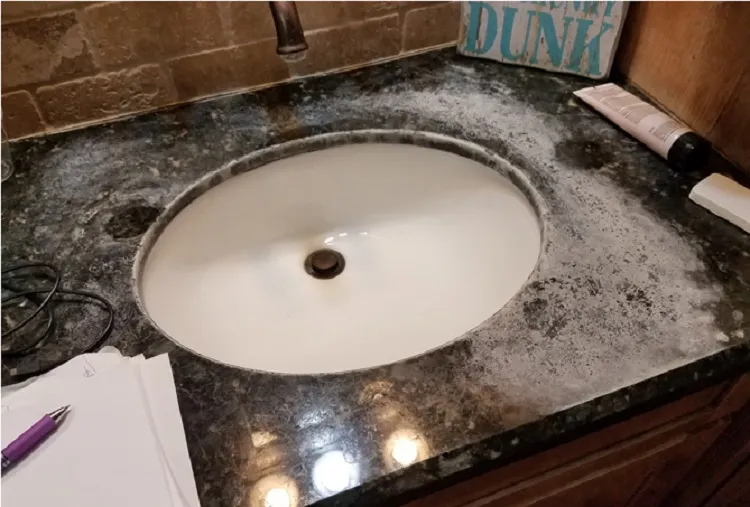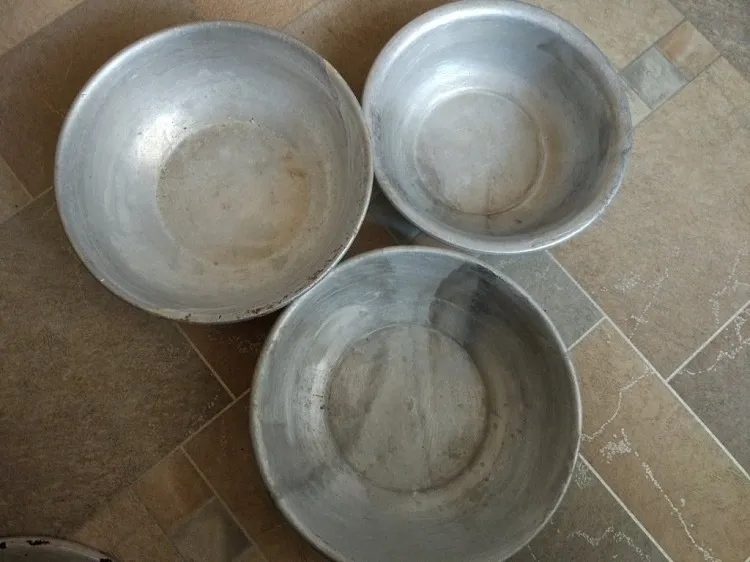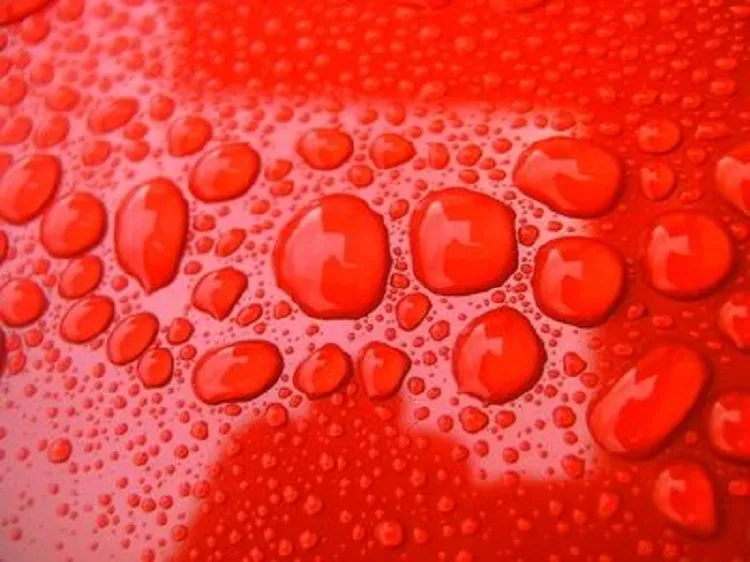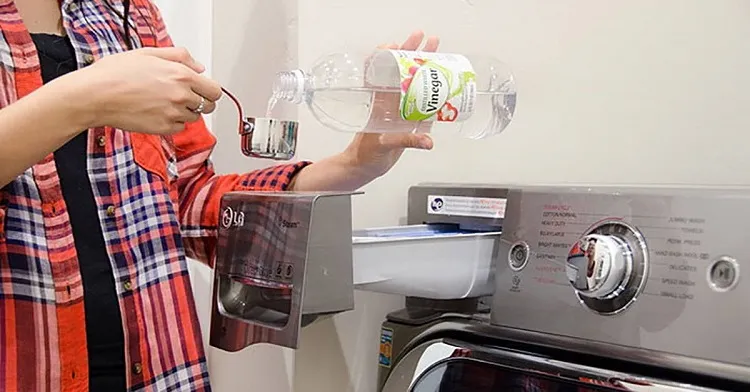Vinegar serves as a versatile household cleaner, commonly utilized for stain removal, surface deodorizing, and disinfection. While this natural substance can be potent in cleaning, there are specific items that should not be treated with vinegar. When used correctly, vinegar can be a safe and efficient method to maintain household items and keep them fresh. By integrating natural agents like vinegar into your cleaning routine, you can minimize exposure to harmful chemicals and foster a healthier living environment for your family. This article will highlight what not to clean with vinegar and when caution is necessary during its usage.
Understanding What Not to Clean With Vinegar
Here is a list of 8 items you should avoid cleaning with vinegar:
- Granite and marble countertops: Due to its acidic nature, vinegar can etch and dull the surface of granite and marble countertops over time. Instead of using vinegar on these surfaces, opt for a mild soap and warm water to clean them effectively.
- Egg stains: Avoid using vinegar to clean up egg spills on surfaces like wooden floors or countertops, as its acidity can coagulate the egg, making it harder to clean. Instead, use a paper towel or cloth to wipe up the spill and then clean the area with mild soap and warm water.
- Cast iron cookware: While vinegar is suitable for cleaning many cookware types, avoid using it on cast iron as it can strip the seasoning, causing rust and loss of non-stick properties. Opt for hot water and a stiff brush to clean cast iron cookware.
- Hardwood floors: Vinegar can damage the finish of hardwood floors, causing dullness and discoloration. Use a hardwood floor cleaner designed for this flooring type to effectively remove stains and dirt.
- Electronics: Cleaning electronics with vinegar can harm the delicate components made of fine materials. It is advisable to use a microfiber cloth dipped in a specialized electronics cleaner to wipe the surfaces.
- Stone surfaces: Avoid using vinegar on natural stone surfaces like granite, as its acidity can cause etching and color loss over time. Opt for a pH-neutral specialized stone cleaner for effective cleaning.
- Aluminum cookware: Avoid using vinegar on aluminum cookware, as its acidity can cause oxidation and color loss. Clean aluminum cookware with mild soap and warm water instead.
- Waxed surfaces: Using vinegar on waxed surfaces can break down the wax, reducing its effectiveness. Opt for a specialized cleaner designed for such materials for better results.
Is Vinegar Safe for Use in a Washing Machine?
Yes, vinegar can be added to a washing machine as a natural fabric softener and odor eliminator. However, ensure you are aware of what not to clean with vinegar, especially on delicate fabrics that may be sensitive to acids. To use vinegar in your washing machine, add one cup (240 ml) to the rinse cycle. This natural agent will help eliminate any residual soap or detergent, leaving your clothes soft and fresh.
Apart from the rinse cycle, you can also clean the inside of your washing machine with vinegar to remove detergent and fabric softener buildup. Simply add two cups (480 ml) of vinegar to the detergent compartment and run a hot water cycle. This natural solution will break down any residues, leaving your machine fresh and clean.
While vinegar is a natural and effective cleaner, it should be used cautiously and avoided on certain surfaces. It may not be suitable for all stains or cleaning tasks. Consider using alternative natural cleaning agents like baking soda, lemon juice, and essential oils either alone or combined with vinegar for various cleaning needs in your home.
Frequently Asked Questions
Can vinegar be used to clean granite and marble countertops?
Avoid using vinegar on granite and marble countertops as its acidic nature can damage the surfaces over time. Opt for a mild soap and warm water for effective cleaning.
Is it safe to clean cast iron cookware with vinegar?
Avoid using vinegar on cast iron cookware as it can strip the seasoning, leading to rust and loss of non-stick properties. Use hot water and a stiff brush for cleaning instead.
Can vinegar be used on hardwood floors?
Avoid using vinegar on hardwood floors as it can damage the finish, causing dullness and discoloration. Use a hardwood floor cleaner designed for this purpose.
Is it safe to clean electronics with vinegar?
Avoid cleaning electronics with vinegar as it can harm delicate components. Use a microfiber cloth dipped in a specialized electronics cleaner for wiping surfaces.
Can vinegar be used on stone surfaces?
Avoid using vinegar on natural stone surfaces like granite as it can cause etching and color loss. Opt for a pH-neutral specialized stone cleaner for effective cleaning.
Is vinegar suitable for cleaning aluminum cookware?
Avoid using vinegar on aluminum cookware as its acidity can cause oxidation and color loss. Clean aluminum cookware with mild soap and warm water instead.
Can vinegar be used on waxed surfaces?
Avoid using vinegar on waxed surfaces as it can break down the wax, reducing its effectiveness. Opt for a specialized cleaner designed for such materials for better results.

